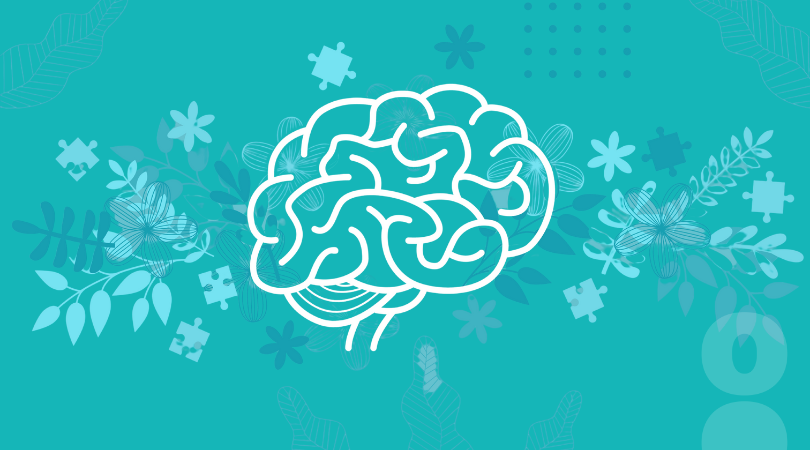
Author
Summary
In Australia, the Christmas period often sees a spike in these challenges due to various factors. Here, we explore the statistics and reasons behind this seasonal flare-up and offer some strategies for managing these difficulties.
Increased Stress and Its Effects
The holidays can bring additional stress from family gatherings, financial pressures, and high expectations. This stress can lead to increased substance use as a coping mechanism. According to the National Study of Mental Health and Wellbeing (2020-2022), 21.5% of Australians aged 16-85 had a 12-month mental disorder, with anxiety being the most common.
People with mental health conditions are more likely to drink at risky levels, with 37% of those with mental health conditions reporting risky drinking compared to 32% of those without such conditions.
Social Events and Substance Use
Holiday parties and events often involve alcohol and other substances, making it easier for individuals to relapse or increase their consumption.
Approximately 1 in 10 Australians have an alcohol addiction, and 1 in 6 have a drug addiction. The festive season's social nature can exacerbate these issues, as individuals may feel pressured to partake in drinking or drug use.
Loneliness and Isolation
Not everyone has a supportive network during the holidays, which can amplify feelings of loneliness and lead to substance use to cope.
People experiencing high or very high levels of psychological distress are more likely to consume alcohol at risky levels and use illicit drugs. The absence of a support system can make the festive season particularly challenging for those in recovery.
Nostalgia and Memories
The holidays can evoke memories of past celebrations, which might include substance use. These memories can trigger cravings and relapse. Substance use disorders are a significant concern, with 3.3% of Australians aged 16-85 experiencing symptoms of a 12-month substance use disorder.
Disruption of Routine
The holiday season often disrupts daily routines, which can destabilise individuals in recovery and make it harder to maintain sobriety. Maintaining a routine is crucial for those managing addiction, and the festive season's unpredictability can pose significant challenges.
Coping Strategies and Support
Given these factors, it's essential to have a plan to manage triggers during the festive season. Here are some strategies:
- Stay Connected: Reach out to friends, family, or support groups to avoid isolation.
- Plan Ahead: Prepare for social events by setting limits on alcohol consumption or bringing non-alcoholic beverages.
- Maintain Routine: Try to stick to your regular schedule as much as possible, including exercise and sleep.
- Seek Professional Help: If you're struggling, don't hesitate to reach out to services like Lifeline or Beyond Blue.
For those in the Gold Coast area, Currumbin Clinic offers specialised support for addiction and mental health issues. Currumbin Clinic provides inpatient, day therapy, and community treatment options in a safe and supportive environment.
The festive season doesn't have to be a time of increased risk for those with addiction and mental health issues. With the right strategies and support, it's possible to navigate this period healthily and enjoyably.

Contact Us
Contact our admissions team
P 0430 709 459
F 08 9381 7681
E abbotsford@aurorahealth.com.au
Or use our online forms below.
References
Australian Institute of Health and Welfare. (2024). Alcohol, tobacco & other drugs in Australia. Retrieved from https://www.aihw.gov.au/reports/alcohol/alcohol-tobacco-other-drugs-australia
Australian Bureau of Statistics. (2020-2022). National Study of Mental Health and Wellbeing. ABS. https://www.abs.gov.au/statistics/health/mental-health/national-study-mental-health-and-wellbeing/latest-release.
Mara Sugue & Annamarie Coy, BA, ICPR, MATS, (2024) Addiction Statistics in Australia, Retrieved from https://www.addictiongroup.org/resources/australia-addiction-statistics/
Australian Institute of Health and Welfare. (n.d.). Alcohol, tobacco & other drugs in Australia. Retrieved from https://www.aihw.gov.au/reports/alcohol/alcohol-tobacco-other-drugs-australia/contents/summary
Australian Institute of Health and Welfare. (n.d.). Illicit drug use. Retrieved from https://www.aihw.gov.au/reports/illicit-use-of-drugs/illicit-drug-use
Department of Health. (n.d.). Drug trends and statistics. Retrieved from https://www.health.gov.au/our-work/drug-help/drug-information/drug-trends-and-statistics
Ray Hader Clinic. (n.d.). Rehab Statistics in Australia. Retrieved from https://www.rayhaderclinic.com.au/resource-centre/rehab-statistics
Newsroom
Follow us
Thanks!
Related news stories
